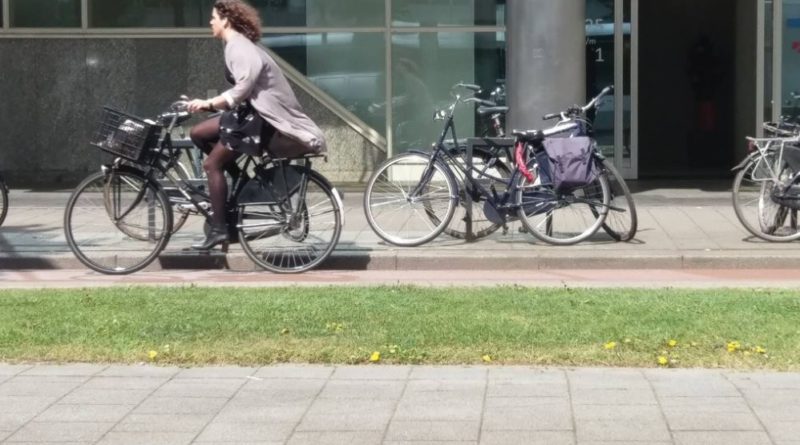Concordia University study demonstrates that cycling to work reduces stress and ups performance
A new study undertaken by Concordia’s John Molson School of Business has further added weight to the notion that those who cycle to work experience lower stress levels and enhanced productivity during the day.
Researchers Stéphane Brutus, Roshan Javadian and Alexandra Panaccio compared how different modes of commuting – cycling, driving a car and taking public transport – affected stress and mood at work.
Based on responses from 123 employees at Montreal’s Autodesk, those studied were asked to complete a web based survey upon arriving to work. Respondents replied to questions about their mood, perceived commuting stress and mode of travel.
The survey differentiated between perceived stress and mood, a more transient state affected by personality traits and emotions.
Uniquely, the study only assessed answers from respondents who had completed the questionnaire within 45 minutes of arriving at work. This was done to get a more ‘in-the-moment’ assessment of employees’ stress and mood.
Brutus notes that this time specification was the study’s major innovation
“Employees who cycled to work showed significantly lower levels of stress within the first 45 minutes of work than those who travelled by car,” says Brutus. “Recent research has shown that early morning stress and mood are strong predictors of their effect later in the day. They can shape how subsequent events are perceived, interpreted and acted upon for the rest of the day.”
Adding weight to previous research sowing that those who cycle to work arrive less stressed than those driving, Brutus believes the findings should be seized upon by public policy makers.
“With growing concerns about traffic congestion and pollution, governments are increasingly promoting non-motorized alternative modes of transport, such as walking and cycling. I can only hope that further studies will follow our lead and develop more precise and deliberate research into this phenomenon.”
The study has now been published in the International Journal of Workplace Health Management.
A 2015 study from the Institute for Transportation and Development Policy found that cycling could help reduce CO2 emissions from urban passenger transportation by 11 per cent by 2050. It could also save society US$24 trillion globally between 2015 and 2050.
This article has now been added to our library of studies, data and science on why the world should be building for active travel.



